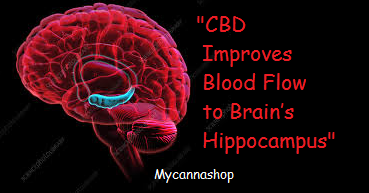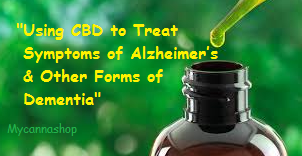Worldwide, 50 million people are living with Alzheimer's and other dementias.Alzheimer’s disease is a degenerative brain disease and the most common form of dementia.
Dementia its an overall term that describes a group of symptoms.
Dementia is a general term for loss of memory, language, problem-solving and other thinking abilities that are severe enough to interfere with daily life. Alzheimer's is the most common cause of dementia.
The dementia-related conditions that can be helped by CBD include: Alzheimer’s disease, Vascular Dementia, Dementia with Lewy bodies (DLB), Parkinson’s disease, Frontotemporal dementia and Huntington’s disease.
According to researchers at California’s Salk Institute, their 2017 study has found evidence that cannabinoids such as CBD could help remove dementia from, and increase connections between, brain cells. Those results were validated by other laboratories.
There are three ways CBD can work to improve health outcomes for persons with dementia: by reducing inflammation, by reducing oxygen buildup, and by working as a brain stimulant and neuroprotectant. From a user’s perspective, CBD may reduce stress and anxiety in the individual with dementia as well as reduce the decline of memory and other brain functions.





